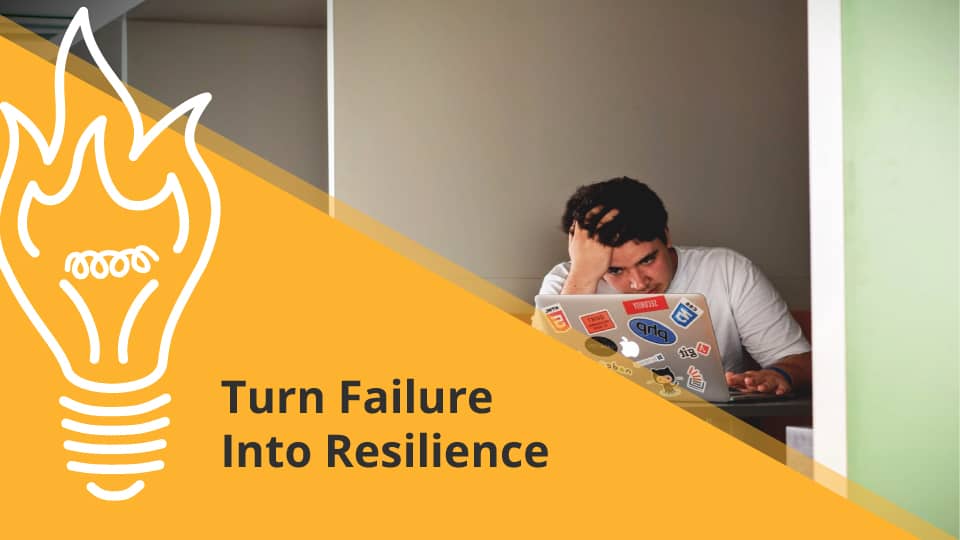Resilience: Turning Challenges Into Opportunities For Growth In Mental Health

Table of Contents
Understanding Resilience in Mental Health
Defining Resilience
Resilience, in the context of mental well-being, is a dynamic process, not a fixed trait. It's the capacity to adapt successfully to stress, trauma, adversity, or significant sources of change. It involves a combination of mental toughness, emotional strength, effective coping mechanisms, and adaptability. It's about bouncing back, but also about learning and growing from challenging experiences. Individuals with high resilience demonstrate emotional regulation and psychological well-being even amidst significant life stressors.
The Role of Resilience in Mental Health
Resilience acts as a crucial buffer against the negative impacts of stress, trauma, and adversity on mental well-being. Strong stress management skills and effective coping strategies contribute significantly to resilience. By building resilience, individuals can improve their ability to navigate trauma recovery and reduce the risk of developing mental health disorders. It's not about avoiding hardship, but about managing it effectively and emerging stronger on the other side.
- Reduces the risk of developing mental health disorders like anxiety and depression.
- Promotes faster recovery from mental health challenges and setbacks.
- Enhances overall psychological well-being and life satisfaction.
- Improves ability to cope with future stressors and unexpected life events.
Building Your Resilience: Practical Strategies
Cultivating a Growth Mindset
A crucial element of building resilience is cultivating a growth mindset. This involves viewing challenges not as failures, but as opportunities for learning and growth. Practice self-compassion and engage in positive self-talk to counter negative thoughts. Develop self-efficacy, a belief in your ability to overcome obstacles. Mindfulness practices can help you observe your thoughts and emotions without judgment, allowing for a more balanced perspective.
Developing Effective Coping Mechanisms
Effective coping mechanisms are essential for building resilience. This includes a range of strategies to manage stress and navigate difficult emotions. Stress reduction techniques such as meditation, deep breathing exercises, yoga, and regular physical activity are invaluable. Developing strong social support networks provides a crucial buffer during challenging times. Learning effective problem-solving skills empowers you to tackle difficulties proactively.
- Practice mindfulness and meditation techniques daily.
- Engage in regular physical activity, aiming for at least 30 minutes most days.
- Build strong social connections with supportive friends and family.
- Learn and practice effective problem-solving skills through courses or therapy.
- Seek professional help from a therapist or counselor when needed.
Resilience and Personal Growth
Transforming Adversity into Strength
Overcoming challenges is not just about surviving; it's about transforming adversity into strength. The process of navigating difficulties fosters personal growth, leading to increased self-awareness and a deeper understanding of your own capabilities. This can significantly improve self-esteem and emotional intelligence. Experiencing hardship can unlock hidden reserves of strength and resilience, leading to what's known as post-traumatic growth.
Finding Meaning and Purpose
Facing adversity often leads to a reevaluation of values and priorities. This process can result in a stronger sense of purpose and meaning in life. You may discover new passions, redefine your goals, and develop a greater appreciation for life's experiences. This values clarification process contributes to increased life satisfaction and overall well-being.
- Increased self-awareness and a deeper understanding of your strengths and weaknesses.
- Enhanced self-esteem and confidence in your ability to overcome challenges.
- Greater appreciation for life's experiences, both positive and negative.
- Development of new skills and coping mechanisms that strengthen your resilience.
- A stronger sense of purpose and meaning in life, leading to increased life satisfaction.
Conclusion
Resilience is not a luxury, but a necessity for navigating the complexities of life and maintaining good mental health. It's a skill that can be learned and developed through conscious effort and the implementation of effective strategies. Overcoming challenges can lead to significant personal growth, fostering self-awareness, increased self-esteem, and a stronger sense of purpose. Start building your resilience today by incorporating these strategies into your life and unlock your potential for growth and improved mental health. Strengthening your resilience is an investment in your well-being—an investment that yields immeasurable returns. Begin improving your resilience now and experience the transformative power of turning challenges into opportunities.

Featured Posts
-
 Diskussion Hamilton Och Leclerc I F1 Kaoset Var Det Raettvist
May 20, 2025
Diskussion Hamilton Och Leclerc I F1 Kaoset Var Det Raettvist
May 20, 2025 -
 El Mundo Reacciona A La Ultima Noticia Sobre Michael Schumacher
May 20, 2025
El Mundo Reacciona A La Ultima Noticia Sobre Michael Schumacher
May 20, 2025 -
 Salon International Du Livre D Abidjan Lancement De La 15eme Edition
May 20, 2025
Salon International Du Livre D Abidjan Lancement De La 15eme Edition
May 20, 2025 -
 Sostoyanie Zdorovya Mikhaelya Shumakhera Pechalnye Novosti Ot Druga
May 20, 2025
Sostoyanie Zdorovya Mikhaelya Shumakhera Pechalnye Novosti Ot Druga
May 20, 2025 -
 Biarritz Le Guide Complet Du Mercato Des Restaurants
May 20, 2025
Biarritz Le Guide Complet Du Mercato Des Restaurants
May 20, 2025
